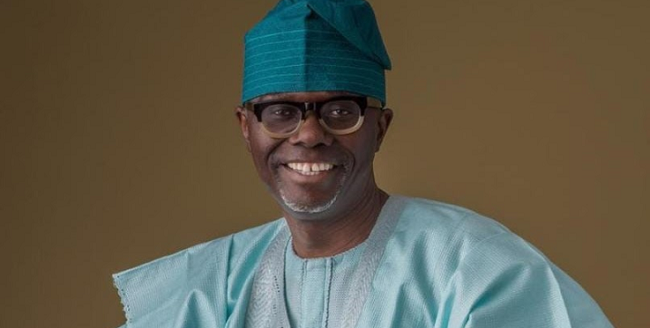A team of civil society organisations (CSOs) is requesting that COVID-19 testing and advocacy be extended to low income communities in Lagos State.

In a statement issued on Monday, April 6, 2020, the group of nine CSOs told the Lagos State Government that the testing and advocacy should be done with clear protocols on reporting and responding to suspected cases outlined, bearing in mind that these communities are densely populated.
The groups also demanded that special interventions in primary and secondary health care services are given priority, as well as separating suspected COVID-19 cases from local communities to avoid a spiraling infection in the densely populated areas and for treating them safely.
The CSOs are: Federation of Informal Workers of Nigeria (FIWON); Nigerian Slum / Informal Settlement Federation (Federation); Centre for Housing and Sustainable Development of the University of Lagos; Sankofa Policy Lab; Centre for Children’s Health Education, Orientation and Protection (CEE-HOPE Nigeria); Lagos Urban Development Initiative; Rethink Cities Initiative; POLYBRIQ; and Urbanovate Enterprise.
According to the team, the current palliative measures are not achieving their desired effect, in the light of the fact that distribution is limited, thus propelling protest and violence in many low-income communities.
The team therefore urged government to consider the following propositions to achieve inclusive and sustainable Covid-19 palliative care for the vulnerable:
- That Lagos government allows individuals, corporate and faith-based organisations with proven engagement in local communities to lead with the distribution of material support to these communities.
- That Lagos should consider a time limited financial support package to duly registered smallscale trade and market cooperatives, which will be disbursed through individual BVN accounts. International Development Assistance can be used to offset the costs of such payments.
- That a mixed strategy of cash transfer plus in kind support be considered for the women in need, especially for the unbanked.
- Because Lagos relies on food distribution networks from other parts of Nigeria and beyond, that the operative food distribution chains be kept open – with transporters and local retailers allowed to move around responsibly – during the lock down period. These food distributors and market women are rendering essential services. We especially recommend that the Neighbourhood Corps and local market associations support the enforcement of social distancing protocols for both buyers and sellers in these markets. Situations like these call for price control measures that will ensure price stability.
- That the Mile 12 traders’ association normalises prices and keeps them constant. A subsidy mechanism in which government pays the difference to traders if they must sell below the cost price can be established for this period.
- That access to free water and hand washing stations is ensured in all crowded communities – That regular clearing of waste is ensured in communities not covered by PSPs and LAWMA’s bridge project.
- That special arrangements should be made to provide temporary accommodation and feeding for the homeless in order to guarantee the requirements for social distancing and isolation for this very vulnerable layer of the population.
